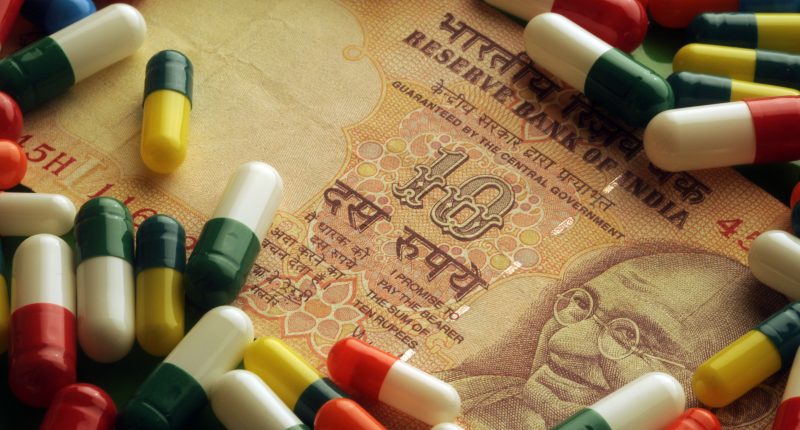An ambitious attempt by several of India’s high profile tech unicorns to list on India’s generally traditional stock markets, did not go down well for most. The likes of Zomato and Paytm continue to bear the brunt, and even the rare positives such a Delhivery and Nykaa, aren’t performing all that well. Of course overall market sentiments aren’t that great either. But the loss making balance sheets that seemingly went down well with PE/VC investors, haven’t gone down well with public market investors.
And now, these volatile conditions seem to have persuaded API Holdings, the parent company of premier online pharmacy PharmEasy, to withdraw the draft red herring prospectus (DRHP) it had submitted earlier for an initial public offering (IPO).
In a notice to its shareholders, the company informed that it was withdrawing the DRHP, thereby effectively deferring its plans to go public via IPO indefinitely, due to “market conditions” and “strategic considerations.” It had filed the DRHP in November 2021 with the Securities and Exchange Board of India (SEBI).
Instead, the company will be pursuing a rights issue in order to raise capital as it remains committed to its growth and expansion objectives. It announced that the shareholders of the company would receive the letter of offer inviting them to participate in the rights issue, on the terms which would be approved by the board of the company.
Compulsory convertible preference shares (CCPS) will be used in the rights issue, which, according to the company, will open from the first week of next month. For those not in the know, a compulsory convertible preference share is a convertible instrument that can be converted into equity shares after a fixed period of time.
The issue will be set at ₹100 per CCPS, and will remain open for a period of 30 days.
This development comes a month after Reuters reported that the online pharmacy, which became one of the numerous startups to enter the unicorn club last year, was looking to raise $200 million from investors to raise $200 million. However, the funding would put its valuation at a lesser amount than what it was last year.
To recap, this follows seven-year-old PharmEasy’s plans to go public via an ambitious IPO. Its DRHP showed that it intended to raise around ₹6250 crores from the IPO in equity to address its debt and fund both organic and inorganic growth. It also raised funds in a pre-IPO round to be valued at around $5.5-5.7 billion and got the green signal from SEBI regarding the IPO.
The Tech Portal is published by Blue Box Media Private Limited. Our investors have no influence over our reporting. Read our full Ownership and Funding Disclosure →






